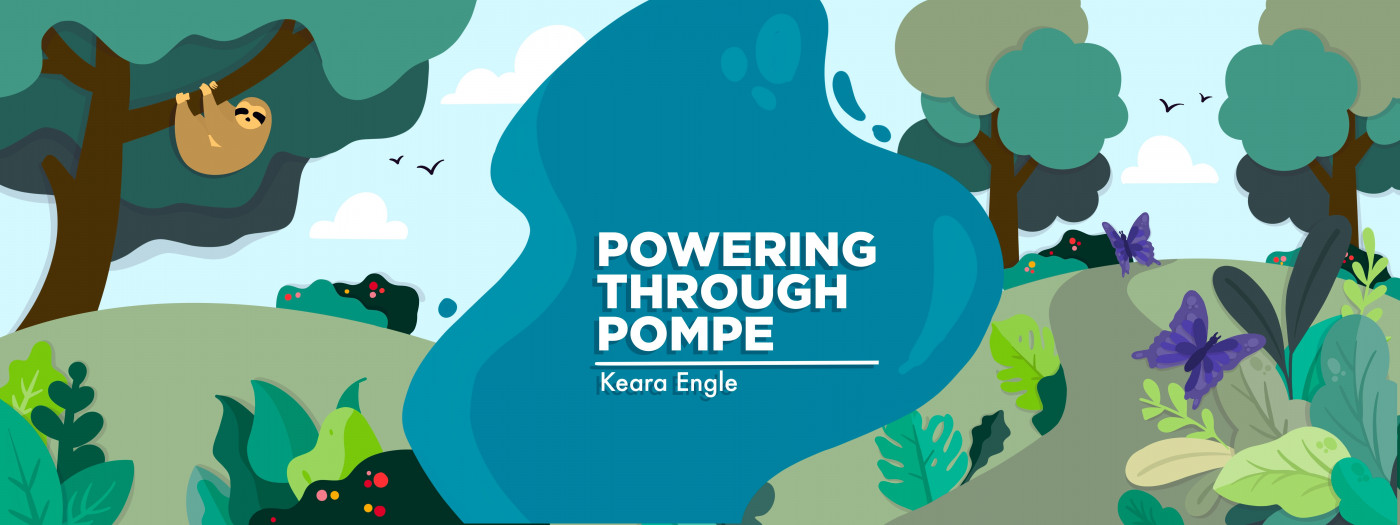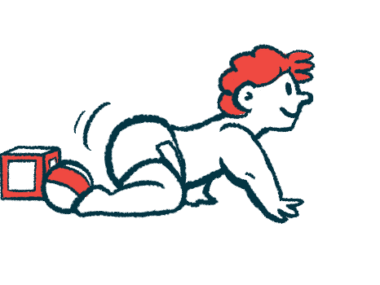Is my son with Pompe disease losing his baby teeth too fast?
A trip to the dentist is a good time to bring up the issue
Written by |

Last week, my two sons — Cayden, 6, and Kyree, 18 months — and I had our routine checkup at the dentist. I’m happy to report that no one had cavities! Luckily, my boys enjoy brushing their teeth and never go to bed without reminding me to get their toothbrushes.
While being cavity-free is great news, I was concerned about Cayden. He lost his first tooth earlier this year, and since then, he’s lost four more. The weird thing is that he lost three top teeth back-to-back, three days in a row. While he loved the visits from the tooth fairy, I was worried about it and planned to bring it up at the dentist appointment.
The dentist shared my concern. While it’s normal for a child Cayden’s age to lose some teeth, the fact that they came out so abruptly and there weren’t signs of new teeth coming in was odd. The dentist took some X-rays and we discussed the results.
It’s anyone’s guess
The X-rays showed that Cayden’s adult teeth were still pretty far under his gum line. That means it could take some time for them to poke through. Thankfully, they’ll show up sooner or later.
We have a few guesses about what might’ve caused the sudden loss of teeth. One possibility is Cayden’s infantile-onset Pompe disease, but it’s hard to tell. Since Pompe is such a rare disease, it’s hard for medical professionals and parents to determine what exactly is related to the disease. And there aren’t many people in the world with Pompe disease whom we can ask.
I remember seeing a comment from a mother on one of the Pompe disease support groups on Facebook noting that her child had grown teeth early and lost them early. I’m wondering if that’s what’s happening with Cayden. While his baby teeth came in within the normal age range, he’s clearly lost them early.
Another possibility could be the trauma that had happened to his teeth. When Cayden was 3, he got very sick a few times. One of those times, he ended up intubated in the hospital for weeks on end with a severe case of pneumonia. His lungs needed time to heal and not work so hard. Thankfully, he was eventually extubated, but the breathing tube did some damage to his teeth.
We could see that two bottom teeth had shifted apart, almost pointing diagonally outward. During intubation, the breathing tube rests on a patient’s teeth and lips. Over time, it can shift the teeth, as we saw with Cayden. In some cases, people even end up with chipped or lost teeth because of intubation.
Cayden’s teeth eventually moved back together, but they never looked perfectly straight like before. All of this shifting might’ve weakened the roots of his teeth. It didn’t help that the teeth he lost looked like they had short roots already.
Whatever the cause, thankfully, it seems to have slowed down. He doesn’t have any more loose teeth now. If you ask him, though, he’ll say he looks forward to losing the next one so he can have another visit from the tooth fairy!
Note: Pompe Disease News is strictly a news and information website about the disease. It does not provide medical advice, diagnosis, or treatment. This content is not intended to be a substitute for professional medical advice, diagnosis, or treatment. Always seek the advice of your physician or other qualified health provider with any questions you may have regarding a medical condition. Never disregard professional medical advice or delay in seeking it because of something you have read on this website. The opinions expressed in this column are not those of Pompe Disease News or its parent company, Bionews, and are intended to spark discussion about issues pertaining to Pompe disease.




Leave a comment
Fill in the required fields to post. Your email address will not be published.